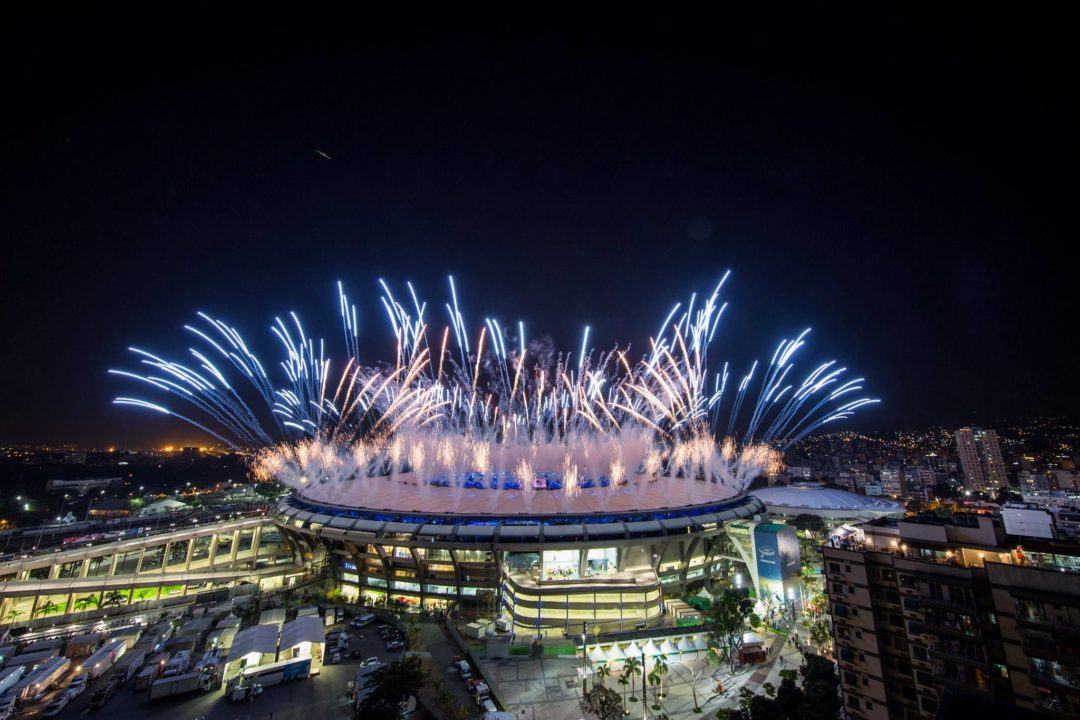When Rio de Janeiro won the bid to host the 2016 Olympic Games, Brazil’s economy was making a bullish run towards economic and technological development. Though much of the population still lived in poverty and violent crime persisted in the infamous favelas, Brazil and most of the international community were optimistic the 5th-largest country in the world in terms of both area and population would continue trending upward.
While most agree that Brazil pulled it off and hosted a great Games in the face of uncertainty and growing doubts as venues remained unfinished with mere weeks remaining before the lighting of the Olympic flame, Rio’s organizers were still $1.6 billion over budget. Aside from the obvious debt accrued from hosting the Games, Rio’s infrastructure was not prepared to utilize the massive stadiums and the Olympic Village once the athletes cleared out. Now, after failing to pay a $940,000 electric bill (3 million Brazilian Reals), the power company that kept the Maracanã Stadium lit up has pulled the plug.
Mario Andrada, a spokesman for Rio’s Olympic organizers, briefly described the crisscrossed financial entanglement that has resulted in Maracanã going dark: “Light (the power company) and us, we have a separate deal. They owe us money as a sponsor, and we owe them money for energy during the games.” How much money Light owes the Rio organizers has not been disclosed, but keeping the power on as a quid pro quo for not yet paying the sponsorship money was apparently not part of the plan.
Hosting the 2016 Summer Games in Rio was supposed to be Brazil’s way of saying “we made it!”, though the disrepair that has befallen the Olympic venues in the aftermath of the Games tells a more somber truth about Brazil’s economy and government. The Olympic Games are infamous for leaving host cities broke and unable to maintain the massive venues that are built specifically for the Games. Recent examples of this phenomenon include Athens (Summer 2004), Sochi (Winter 2014), and a little further back Sarajevo (Winter 1984).
In contrast, the Los Angeles Games of Summer 1984 were highly lucrative, and spending on preparation for the Games was minimal. After the flame was extinguished LA had a net profit of $232.5 million, $139.5 million of which went to the USOC while $93 million stayed in Southern California. The McDonald’s Aquatic Stadium (so named for the popular fast food chain’s sponsorship of the Games) is now the Uytengsu Aquatics Center, home the USC Trojan swim team, while the Olympic Village consisted of dorms on the campuses of USC, UCLA, UCSB, and CSULA.
As Brazil continues to adjust to life in a post-Rio 2016 world, fans, critics, and casual viewers are calling into question the efficacy of the IOC and the Olympic hosting process. The notion of finding a permanent city for the Games has gained support in recent years, though no radical changes to the successional nature of the Games appears to be on the horizon. Los Angeles is again in the bidding for the 2024 Summer Games, along with Budapest, host to the 2017 FINA World Championships, and Paris, a city that like LA has hosted the Olympics twice already (1900 & 1924).
The IOC’s decision for 2024 will be interesting, to say the least, due to the controversial immigration statutes in place in the USA and the emergence of a far-right, anti-immigration presidential candidate in France at the time of this writing. The United States’ retraction from the Trans-Pacific Partnership could also play a role in the IOC’s decision as to whether LA will get to host the Summer Games for a 3rd time in 2024, though we won’t know for sure until September of this year. Rio will remain a fascinating case study in Olympic history for its economic and governmental shakeups, efforts directed towards environmentalism and sustainability, public health concerns of the Zika virus and water pollution, among many other headlines. We must also recognize critics whom have little doubt history will repeat itself in future iterations of the Olympics, and learn from the mistakes of previous Games’.
The next Olympics will be the Winter Games in 2018, hosted by Pyeongchang, South Korea. While the 2024 Summer host status will remain in limbo for another 7 months, we also already know that the 2022 Winter Games will take place in Beijing, China, host to the 2008 Summer Games.

I knew this would happen – after the Big show , the Big downside kick in the back – Debts !!! and more Debts !!!
Athens also lost a lot of money (and I think that most host cities in the last 20-30 years have lost money). This article brought up an interesting point, maybe a way to make it financial viable for cities would be to let them host the games 2 times in the time that the facilities are usable with minimal rebuilding (8, 12, or 16 years) what ever would be most appropriate.
they should have always gone that route – its smarter , les costly , efficient and more evoluted .
Yikes